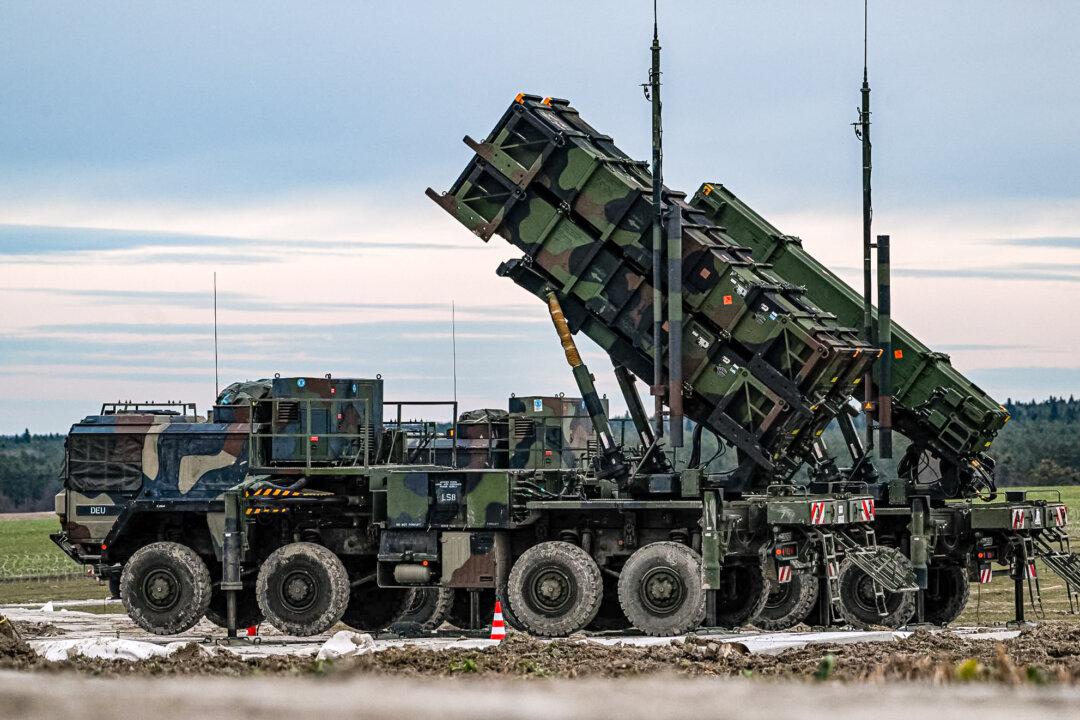The Biden administration will begin redirecting deliveries of new batches of air-defense missiles to Ukraine, said White House National Security Council spokesman John Kirby.
Mr. Kirby said that Ukrainian forces are “in desperate need of additional air defense capabilities” amid a particularly heightened campaign of Russian air and missile strikes.





